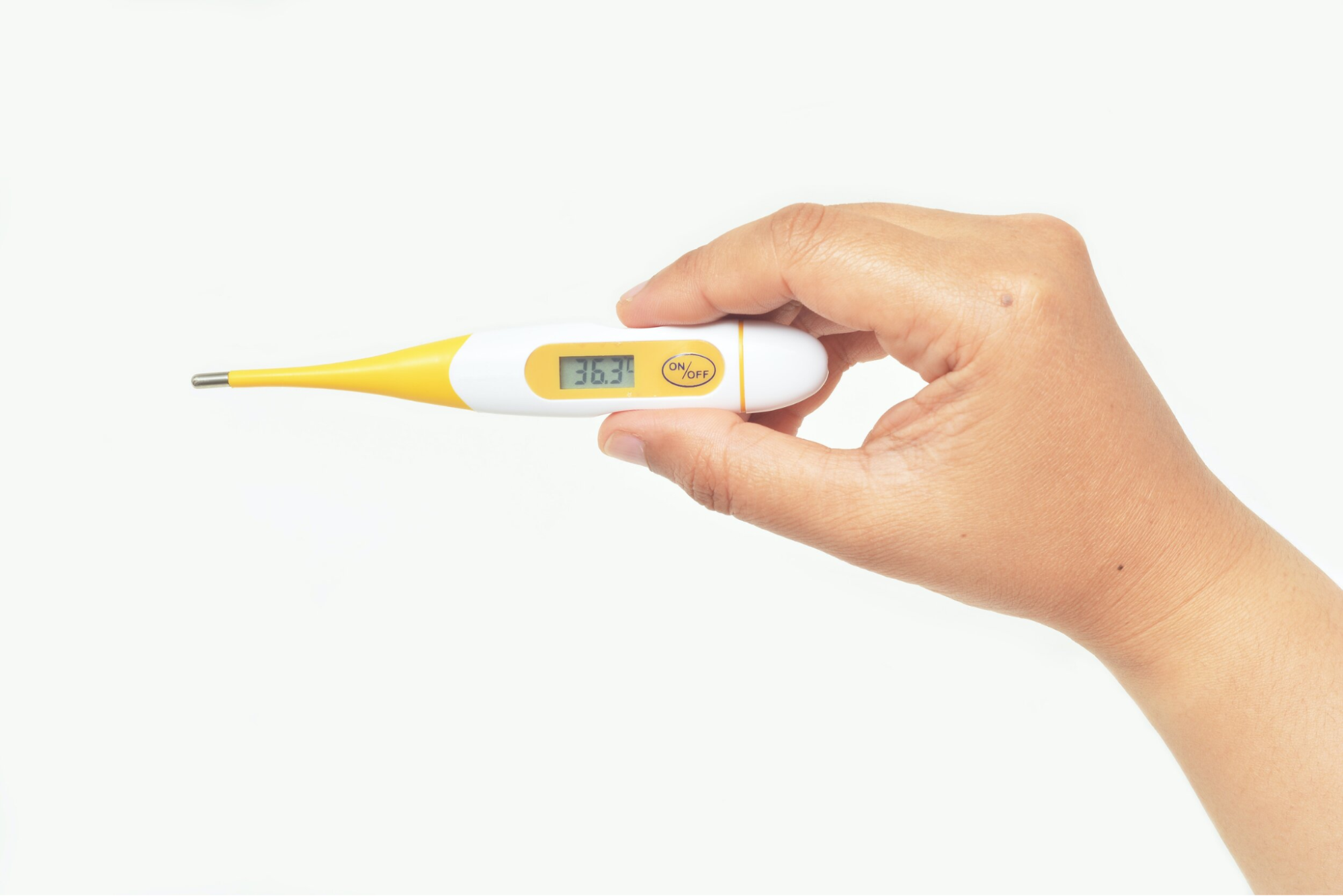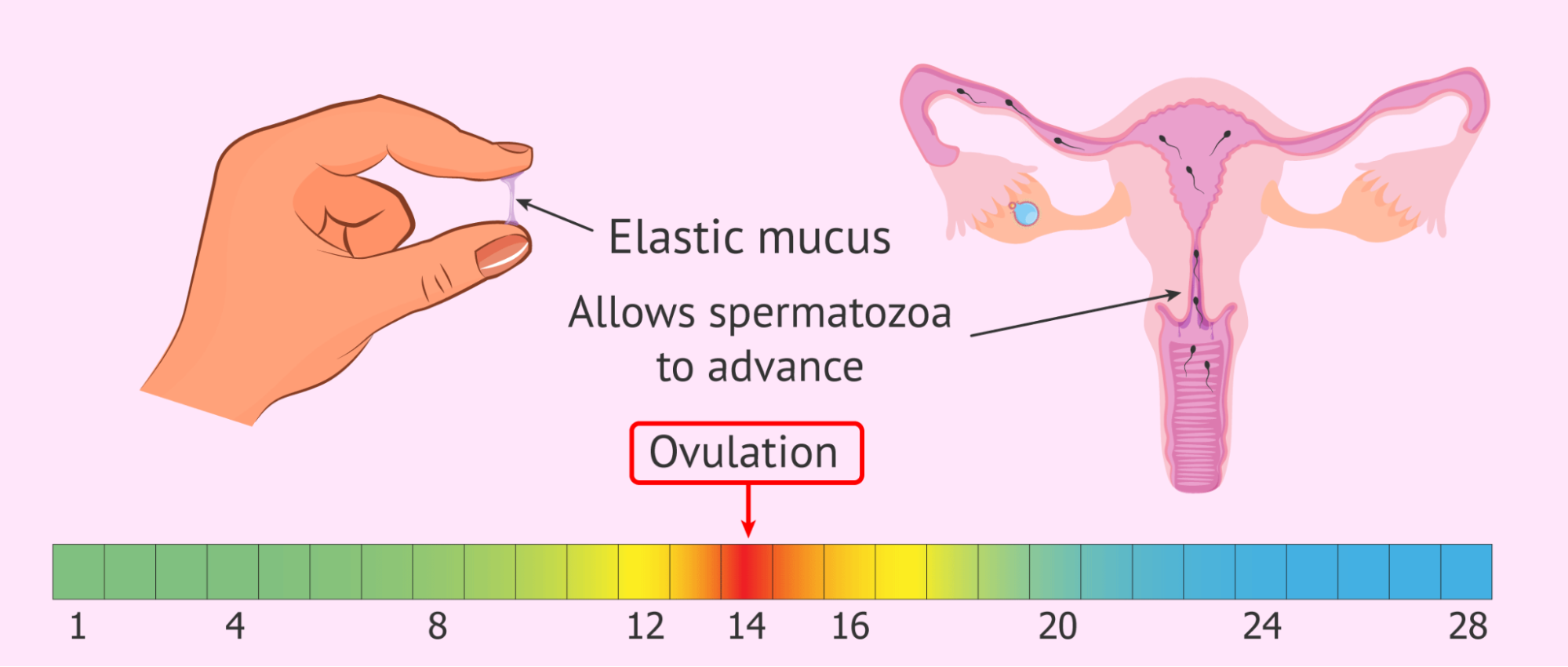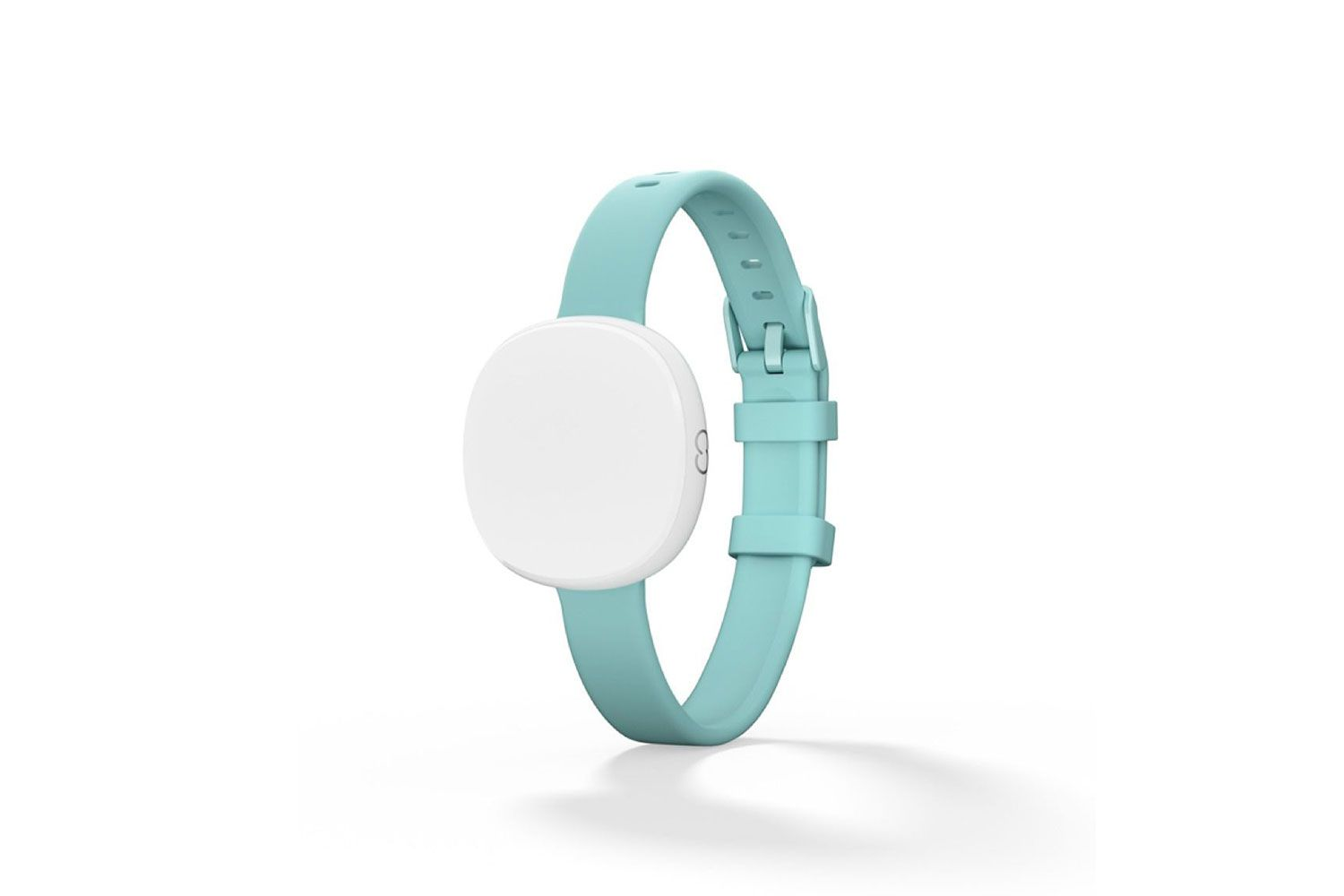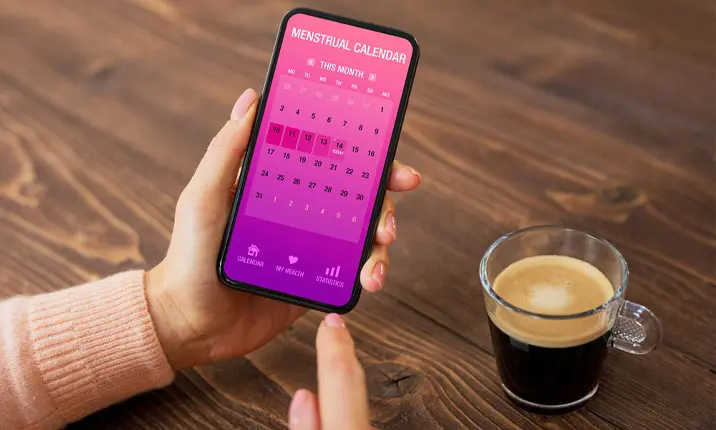Monitoring your reproductive cycle is easier than ever. By keeping tabs on ovulation, you can provide insight into when your body is ready to support new life.
When you know more about your monthly cycle, you can make informed choices about when to try to conceive. A plan suited to your unique cycle may also help you get pregnant quickly. When trying to have a baby, there's no such thing as too much information!
How Does Your Menstrual Cycle Affect Ovulation?
It helps to be reminded of precisely what is happening in your body to successfully begin tracking ovulation.
Your menstrual cycle is a complex symphony of hormones orchestrating the possibility of life. The cycle, typically lasting between 28 and 32 days, is divided into phases:(1)
- Follicular. This phase starts on the first day of your period and ends when you ovulate. It begins when your pituitary gland (a small, pea-sized organ in your brain) releases the follicle-stimulating hormone (FSH), stimulating your ovaries to produce eggs.
- Ovulation. This phase occurs mid-cycle after your pituitary gland releases luteinizing hormones (LH), usually around the 14th day of your cycle. When LH surges, ovulation is imminent, and you are the most fertile. Your ovary releases an egg into your fallopian tube to meet eager sperm.
- Luteal. This phase happens after ovulation and before your period starts. The follicle that releases the egg turns into the corpus luteum (a group of cells that support a healthy, baby-ready uterus), which releases progesterone and estrogen. Estrogen thickens your uterine lining, helping it prepare for conception and pregnancy.

A Note On Your Powerhouse Pituitary Gland
Your pituitary gland is small and mighty. It guides hormone production throughout your body so your body can perform vital functions.(2) For reproduction, your pituitary gland tells your ovaries to start making the hormones for conception. It may be harder for you to conceive if your pituitary gland loses its way.

Why Is Ovulation Tracking So Important?
Not everyone is blessed with a perfectly predictable menstrual cycle. It can be hard to pinpoint when you're ovulating. By keeping track of your cycle, you'll learn when you have the best chances to conceive. It can also reveal insights about your reproductive health, alerting you when something needs attention.
Ovulation tracking may also help you conceive faster. If you're being more deliberate about when you try to conceive, you can target that sweet spot each month when you have the best chance. It may take healthy couples who don't track hormonal cycles a year to get pregnant.(3) However, healthy couples trying to conceive who use tracking methods may get pregnant within six months. That is a great incentive to start tracking your ovulation cycle as soon as possible!
What If Your Ovulation Cycle Seems Abnormal?
If your ovulation cycle seems abnormal, you may have an underlying health issue that needs attention. Without it, you may find it hard to conceive. Understanding your body's signals and seeking help when needed are critical steps to supporting healthy ovulation.
Signs that something is abnormal may include:(4)
- irregular menstrual cycles.
- absent periods.
- excessive menstrual bleeding or discomfort.
- changes in cervical mucus.
- weight changes.
- mood changes.
If you have a problem, talk with your healthcare practitioner immediately. They can test for and diagnose potential causes like hormonal imbalances or other health conditions. Your healthcare practitioner can also discuss options that support healthy fertility and conception.
How Can You Track Ovulation?
Tracking ovulation supports your chances of healthy conception. Even the U.S. Department of Health and Human Services offers a free ovulation calculator to see where you are in your cycle.(5) But you may still want to use other tracking tools as well. Each varies in simplicity and accuracy and collectively paint a more complete picture. Your healthcare practitioner can help you choose the best ones for you.
Remember, choosing the right method may take trial and error. What works best depends on your personal preferences and health. Whatever method you select, tracking ovulation provides insight into your hormonal cycles and supports your efforts to conceive.
Ovulation Predictor Kits (OPKs)

OPKs are handy ovulation management tools available over the counter for use at home. They test your urine for LH surges before ovulation. You urinate on a test strip, and if it detects a rise in LH, it'll show a positive result. This means that ovulation will likely happen in the next 24 to 36 hours, giving you a heads-up on your most fertile days.
The great thing about OPKs is that they can take much of the guesswork out of figuring out when you're ovulating. You get a clear yes-or-no answer about whether it's the right time to try to conceive. However, OPKs work best when combined with other methods to understand your cycle fully.
Basal Body Temperature (BBT) Charting

Women have used BBT charting to help with conception for years.(6) It requires consistency and patience but can be an additional way to identify your best time to conceive. Remember, though, that while BBT charting shows ovulation has occurred, it does not predict it in advance. Also, BBT charting is only sometimes an accurate indicator of monthly ovulation. These drawbacks can make timing intercourse for conception a bit tricky. It would help if you used it with other tracking methods.
You'll need to buy a basal thermometer and take your temperature at the same time every day. It's best to do this before you get out of bed and become active. A temperature rise between 0.5 and 1.0 degrees Fahrenheit indicates that progesterone levels have increased and ovulation has occurred.
Cervical Mucus Monitoring

Cervical mucus monitoring is a natural and cost-effective way to track ovulation and identify your fertile window.(7) It offers insights into your reproductive health by drawing your attention to changes in your body. Differences in cervical mucus reflect hormonal fluctuations and when it may be best to conceive.
You'll need to check your cervical mucus daily. You may not find any discharge after your period. But as you approach ovulation, your mucus will become more abundant, clear, and slippery- it'll look like raw egg whites. This "fertile mucus" helps sperm swim into the uterus and towards the fallopian tubes for conception.
Fertility Trackers

Fertility trackers are some of the newest ways to track ovulation and are considered highly accurate at predicting your fertile window.(8) You use a little device to measure your urine hormone levels throughout your cycle. Sometimes they are wearable like a watch or ring, and some are worn in your ear or intravaginally. These devices often integrate with information stored in a phone app to hone in on the best days to conceive.
Several companies are producing these trackers. Remember that some of these devices are expensive, costing over $200. Some of these devices check other biometrics like temperature and sleep. Your healthcare practitioner may be able to help you choose one that best suits your needs while staying within budget.
Ovulation Calendar Apps

Ovulation calendar apps provide convenience for tracking your menstrual cycle and predicting ovulation. These apps use data you enter and algorithms to forecast ovulation. The more data you enter, the more the app can predict your best chances for conceiving. But it would help if you used them with other ovulation-tracking methods to get the best results.
You'll enter information into the app daily. This may include menstrual flow, body temperature, cervical mucus characteristics, and ovulation test results. The app's algorithm uses this information to calculate and predict when you may be most fertile.
What Are Some Popular Ovulation Tracking Apps?
There are several ovulation tracking apps available to install on your smart devices, and some are free. The best one will be easy to use, provide accurate information, and not break the bank.

A sampling of these apps includes:
- Bom Calendar
- Flo
- Pink Diary
- Clue
- Femometer
- Pregnancy+
Sometimes, experimentation or personal recommendations help determine the best option. Your healthcare practitioner may also make suggestions based on their use or what’s popular with patients.
The Bottom Line
Tracking ovulation is a powerful tool to use when you're trying to conceive. Paying attention to details like your body's natural signs or using ovulation kits can help you pinpoint the best time to try for a baby. Remember, your body is unique, so it may take time to understand your cycle. But don't worry; patience and persistence are key. And always, if you find yourself with questions or concerns, reaching out to a healthcare provider can give you the extra support you need on your journey to parenthood.

References:
- https://my.clevelandclinic.org/health/articles/10132-menstrual-cycle
- https://www.ncbi.nlm.nih.gov/books/NBK279389/
- https://pubmed.ncbi.nlm.nih.gov/35685421/
- https://www.templehealth.org/services/conditions/ovulation-disorders#:~:text=In%20some%20cases%2C%20infertility%20may,include%20anxiety%2C%20depression%20and%20nervousness.
- https://www.womenshealth.gov/ovulation-calculator
- https://pubmed.ncbi.nlm.nih.gov/31536292/
- https://www.ncbi.nlm.nih.gov/pmc/articles/PMC8495767/
- https://pubmed.ncbi.nlm.nih.gov/38358798/
† These statements have not been evaluated by the Food and Drug Administration (FDA). This product is not intended to diagnose, treat, cure, or prevent any disease.










